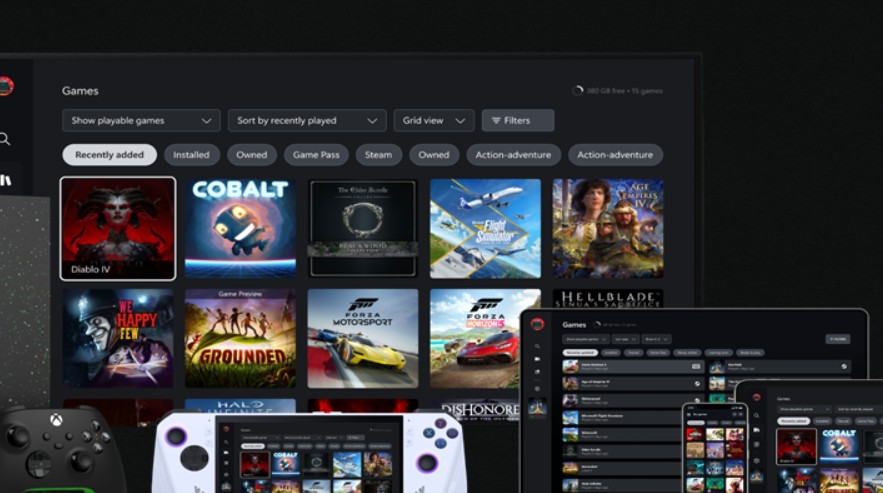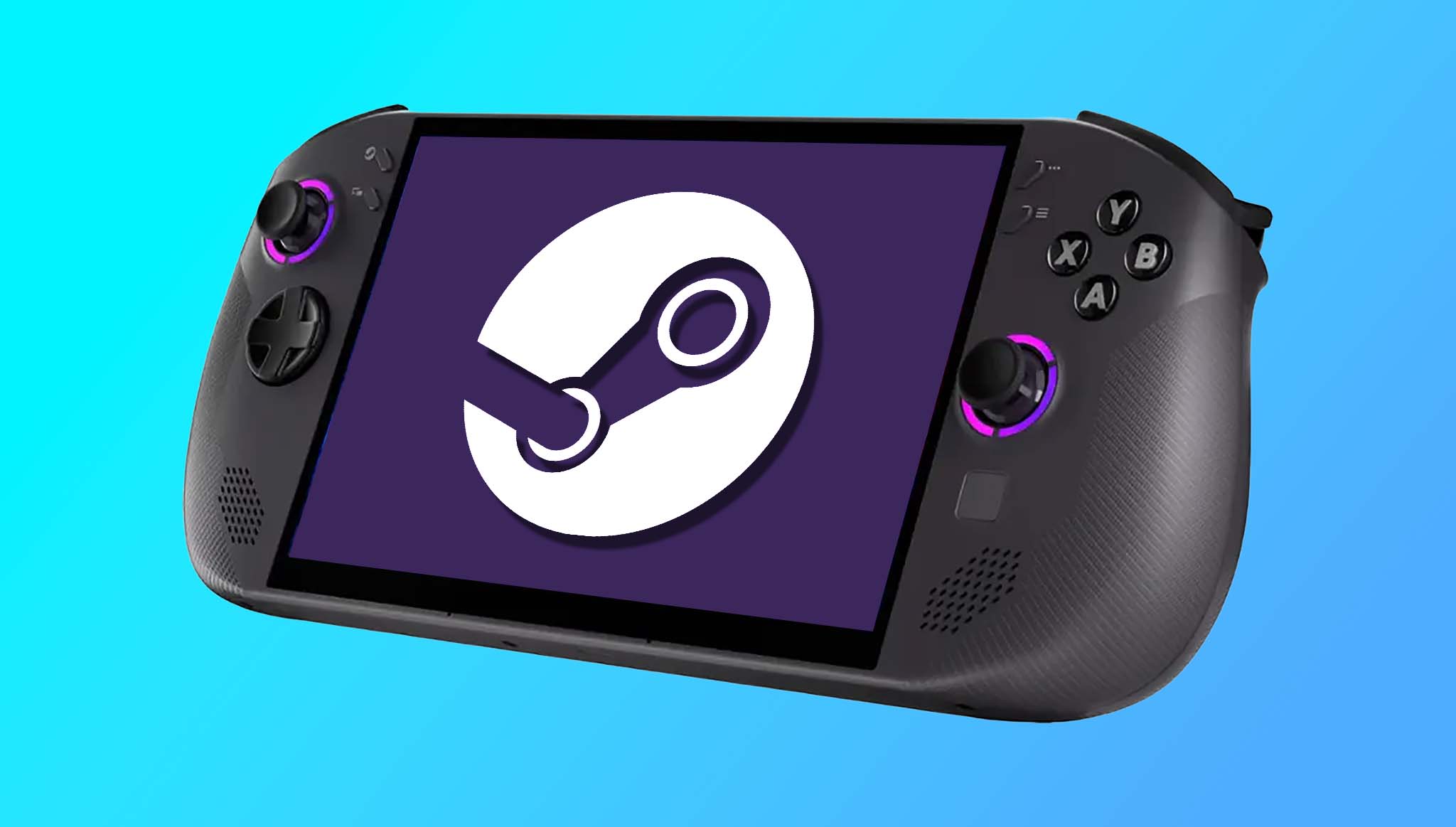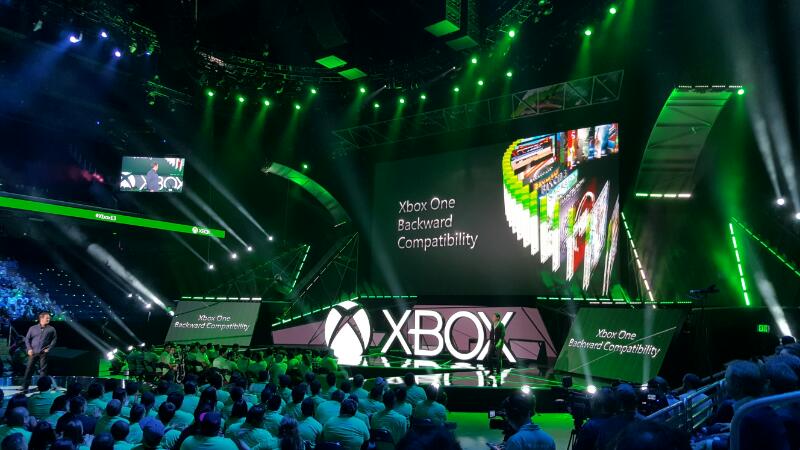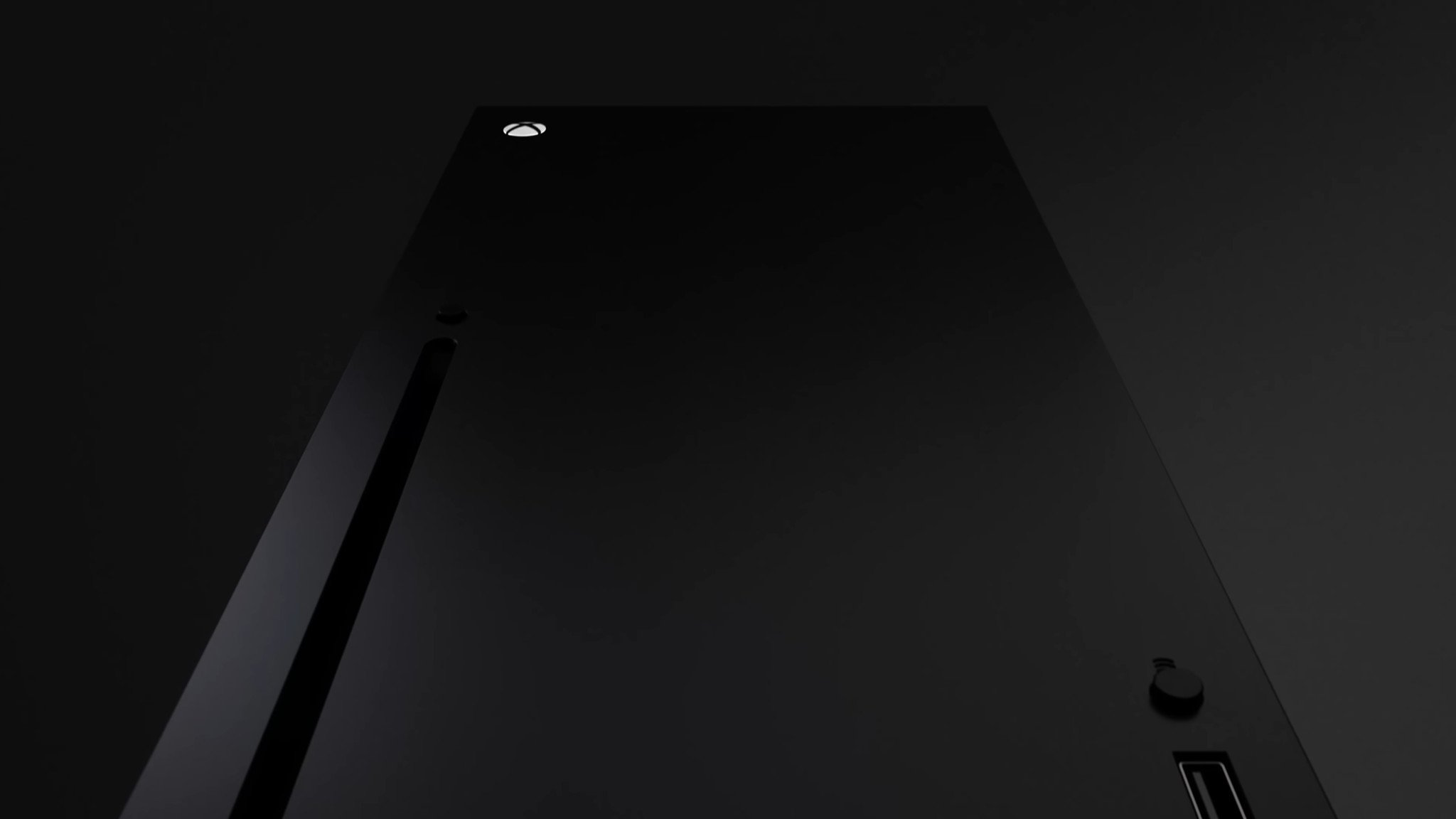Microsoft’s 9th gen consoles, namely the Xbox Series X and Xbox Series S, have had a bit of an odd life cycle.
The consoles sold incredibly well at first, even outpacing the PS5 during some quarters due to stock limitations, but since then, the desire for Xbox hardware has seemingly collapsed. Year over year declines have been the name of the game for Xbox’s hardware fortunes, even as Microsoft’s gaming footprint expands exponentially across Windows, mobile, and even PlayStation itself.
Indeed, Microsoft has decided that it doesn’t want to sell Xbox consoles to the masses anymore, relegating them to the lower end of the overall strategy. Xbox consoles will no longer have exclusive games, with Microsoft relying entirely on Xbox Game Pass and other features to try and draw in users. So far, that strategy seems to have been a failure.
Microsoft is pushing forward in earnest, though, with 10th gen consoles already costed up and in development as we speak. In my previous reporting, I’m expecting an Xbox Series X high-end successor, and something more akin to a Nintendo Switch, handheld style, with the ability to take at least some of your Xbox games on the go.
There are so many other rumors and unanswered questions, though, as we head towards our reported expected launch window of 2027.
Steam and Epic Games store on Xbox? How will that work?
A few years ago now, Xbox lead Phil Spencer teased that he’d like to see the Epic Game Store and other PC store fronts live on Xbox consoles. Since then, waves of speculation have poured in about exactly how that might look.
For my part, I can say that Xbox has been in talks with PC storefront owners, including Steam’s Valve, about what exactly that might look like. There have been other rumors that full integration is even in testing, although I’d take that with a pinch of salt for now.
Either way, Microsoft leaked its own concept art showing a Steam filter on the Xbox app for PC a short while ago, before taking the concept art down, but not before millions had already seen it and begun speculating about exactly what that might mean.
Indeed, there’s a huge range of unanswered questions about what that might entail. The next Xbox is expected to play more nicely with PC versions of games, either via emulation layers or via native support. But seriously, what’s in it for Microsoft here?
If people begin buying games on Steam instead of on the Xbox store proper, Microsoft will begin giving up its 30% cut it levies today on developers inside its Xbox console ecosystem. If I’m a developer, and I can target Xbox via Steam without having to engage with Microsoft’s notoriously strict authentication processes, why would I even bother making an Xbox store listing? How can Microsoft ensure developers maintain support for Xbox in that universe?
If I’m a traditional Xbox customer with thousands of digital games locked to Microsoft’s console ecosystem, what if I don’t want to start spreading my purchases across different store fronts? And what about the optics? Should Microsoft’s native support of Steam be seen as a gradual exiting of the console market?
Putting Steam on Xbox could bring a huge amount of incidental benefits. PlayStation games could finally be playable on Xbox, via their Steam versions, for example. Full access to the Steamworks modding platform would be cool too, if there aren’t technological barriers.
Will the next Xbox have true full backward compatibility?
On the point of Steam games on Xbox potentially skipping Microsoft’s certification processes and having access read access for things like mods and the like, you have to wonder just how close to PC architecturally the next Xbox might be. And no, the next mainline Xbox consoles will not be powered by Arm, despite rumors.
Microsoft is working with ASUS on a partner handheld called Project Kennan, and it is going to be a full blown Windows 11 system at the end of the day, complete with the same pitfalls as the ASUS ROG Ally and Lenovo Legion Go.
The console experience is expected to be a very different beast than PC. Console users don’t want to have to mess around with Windows menus, drivers, config files, and whatever else that PC gaming occasionally entails. For World of Warcraft, I’m running CurseForge and WeakAuras addon updates platforms for example, as well as using Raidbots sims to figure out what gear is best. PC games just often take advantage of the presence of a mouse and keyboard, as well as full fat Windows, to deliver their features.
If the next Xbox is, then, full blown Windows to enable the greatest compatibility with Steam possible, then, could that exclude compatibility with Xbox games as a result? I previously saw a document that is now a few years old and most likely (hopefully) irrelevant, which suggested Microsoft may be willing to sacrifice Xbox backwards compatibility in order to push forward with greater Windows 11 compatibility — although there’s plenty of indication that previous pitch was rejected.
For example, Microsoft has been hiring to beef up its forwards compatibility tech for Xbox consoles only recently. On paper sounds like a good thing, but if you extrapolate a little further, it could be that they haven’t solved full compatibility with previous Xbox games on the new systems out of the gate.
Given that Microsoft was at the forefront of cross-generational compatibility, the idea that Microsoft may sacrifice full compatibility with libraries millions of existing Xbox users to chase a potentially imaginary casual PC living room audience isn’t fun to think about.
Will anyone even want a console with no guaranteed exclusive content?
Our Top Gaming Recommendations
Even though the Xbox Series X|S platform is very good, with great hardware, massive Xbox Game Pass value, and Xbox Play Anywhere — the masses have shrugged.
Microsoft’s wholesale capitulation to PlayStation, coupled with its own “This is an Xbox,” or rather, “You don’t need an Xbox” marketing campaign has practically made the platform a pariah. People aren’t even sure if Microsoft is truly dedicated to its own Xbox console customers as it chases audiences on other platforms — so why would new customers want to give their money to a company that has some notoriety for quitting when competition gets tough?
I’m describing the mentality of the well-connected, highly-engaged hardcore audience right now though. Perhaps Microsoft is building a system that will appeal to the masses in other ways. Microsoft said it wants its Xbox hardware to compete on differentiation, lamenting how similar the PS5 and Xbox Series X|S are architecturally. Perhaps Microsoft is content with Xbox hardware being “niche,” but will developers be content with that? It remains to be seen just how far Microsoft can innovate without sacrificing what it already has.
Will creating a more living room friendly PC “console” resonate with the audience at large? Could Microsoft do things like undercut the PS6 on price? Is there some unforeseen feature that will absolutely rock the world? Will A.I. features have a big role to play? What if Scalebound returns and its fully Xbox exclusive?!
What burning questions do you still have about Xbox’s next gen? Hit the comments.








